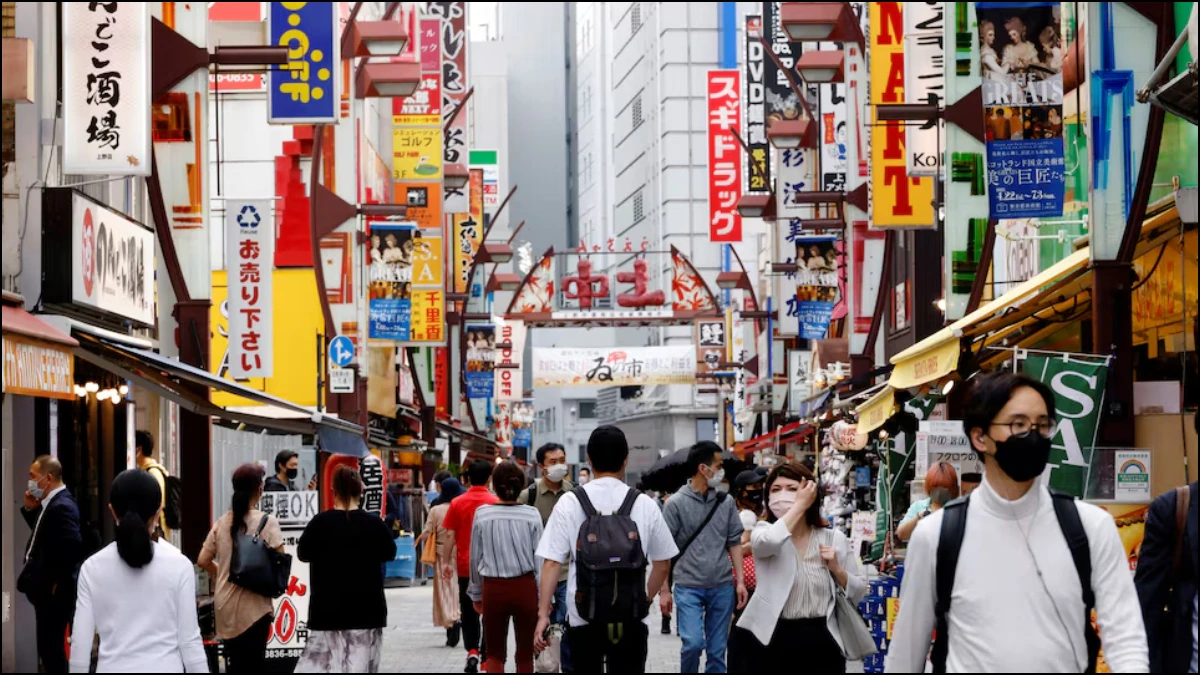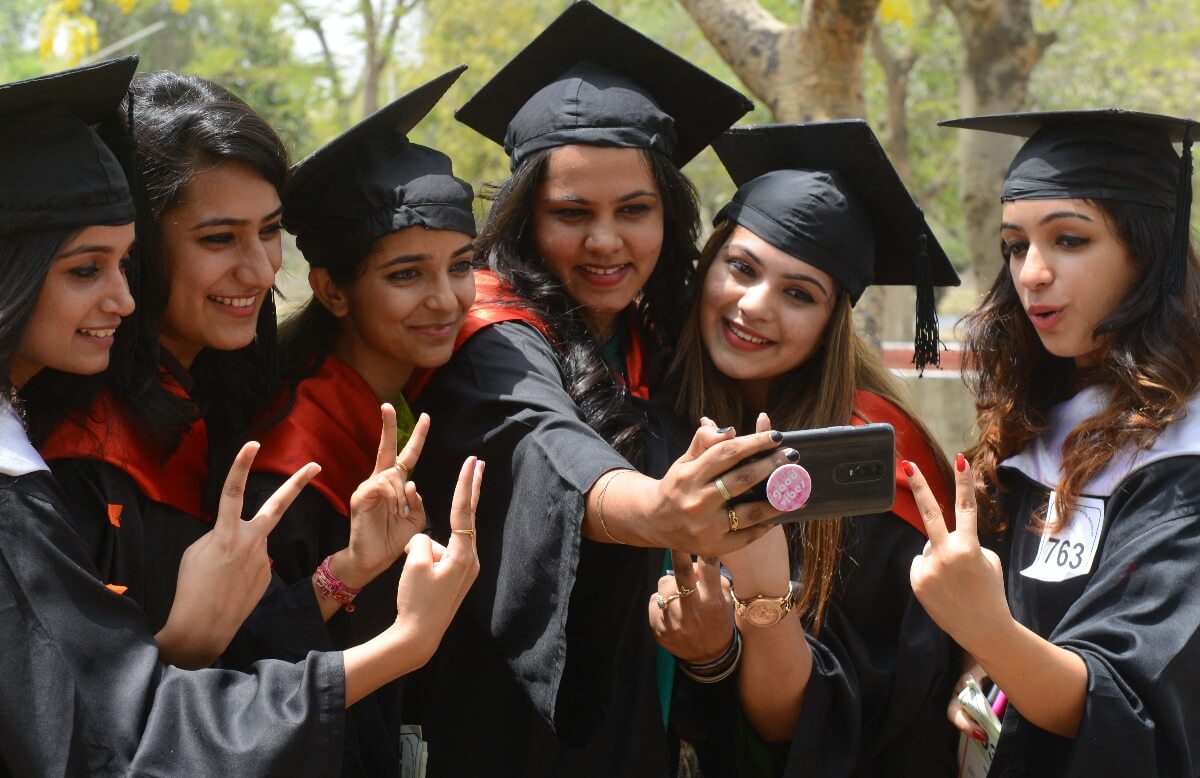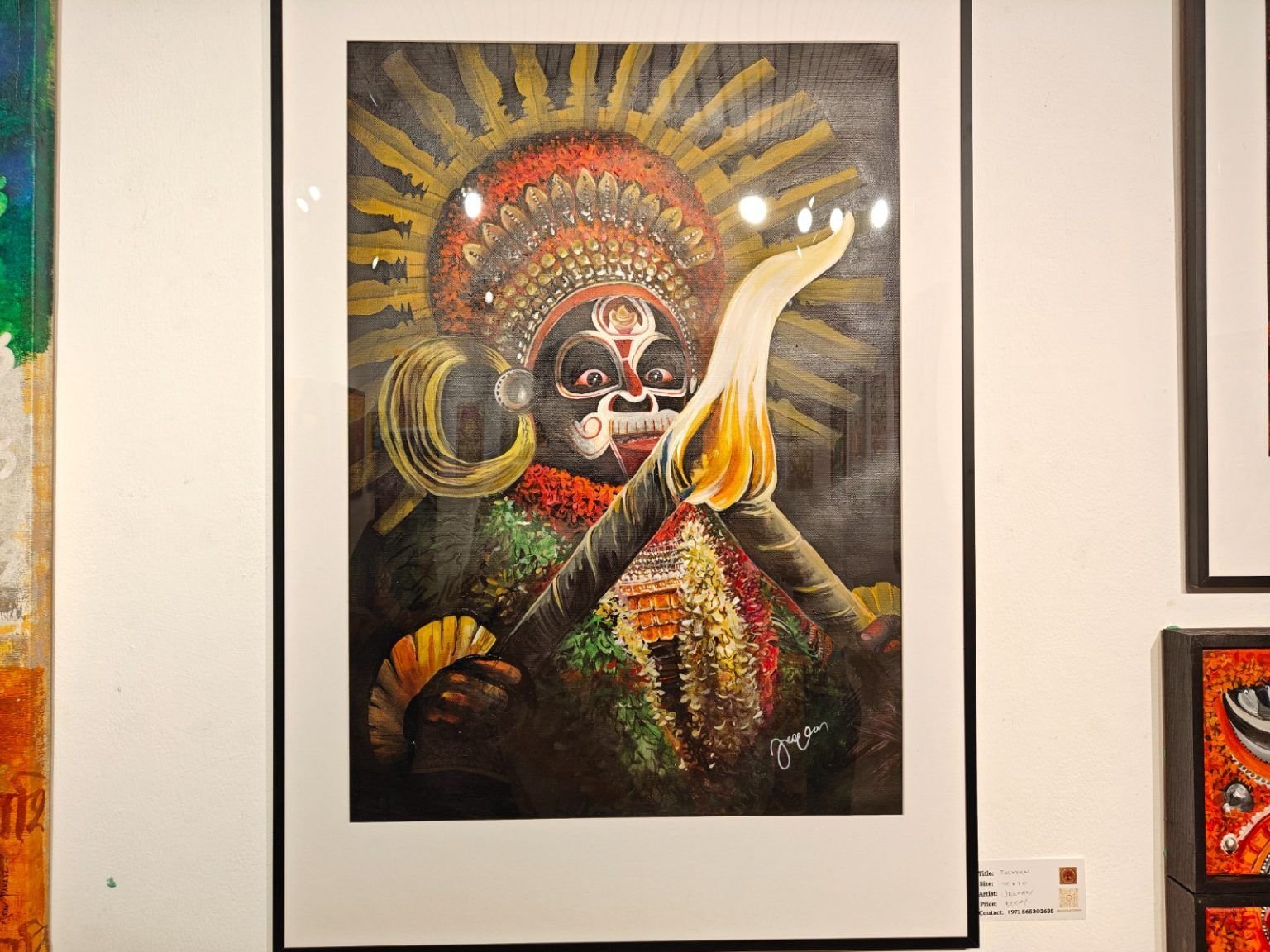“We really couldn’t go out into the community and do what we wanted to do…We tried some social media stuff, but it really didn’t take off as we wished. So now, given that COVID-19 is slowly kind of trickling away, we’ve been given the opportunity to be out in the community, joining mixers, going out to other events and getting our name out there.”
— Steve Bassi, President Indian Chamber of Commerce, California
The Indian Chamber of Commerce wants Merced to know it is open for business, reported mercedcountytimes.com. Formed in 2020, the COVID pandemic struck just after the chamber started putting a damper on growth for a while.
“We really couldn’t go out into the community and do what we wanted to do,” said President Steve Bassi. “We tried some social media stuff, but it really didn’t take off as we wished. So now, given that COVID-19 is slowly kind of trickling away, we’ve been given the opportunity to be out in the community, joining mixers, going out to other events and getting our name out there.”
The newest business addition is Blazin’ Birdz, a fast-casual restaurant at 560 W. Olive Ave. that specializes in chicken dishes. It opened at the end of September and prides itself on being a woman-owned business.
Bassi is currently a sergeant with the Merced County Sheriff and comes from a family with a business background. They owned gas stations and convenience stores, but Bassi said that early on he noticed a lack of cooperation among Indian business owners in the county. “We really lacked communication as a community. We lacked that communication amongst each other. They were supporting folks behind the scenes, but it wasn’t a group that was leading the cause for them,” he said. “We’re really behind growth wise. I think this should have happened much, much long ago.”
-
It has been a long road to achieving equality. A series of laws passed by Congress between 1910 and 1920 made it illegal for Asian Americans to own businesses, land and to achieve citizenship
-
Many of California’s Indians were forced to work on farms, even though many of them held professional and technical jobs back home
When they sat down to form the organization, they modeled themselves after the Hispanic Chamber of Commerce, formed in 1947 and now encompassing Merced County. Since then, the two groups have been in close contact with each other.
“The question we ask is: what can the Chamber do to help grow these small businesses or as an entrepreneur? What can we do to support their needs? What do they need? Do they need help?” said Bassi. “Depending on what their path is, we can reach out to any of our members and say, ‘Hey, can you put on a class for real estate? Can you put a class on for loans? Can you help this person succeed and what they’re doing?’ We’re there as a support mechanism for our community when they don’t know where to fall back.”
The Central Valley is home to a sizable South Asian population. For one, the dry, warm climate and the focus on agriculture is a lot like that of India, specifically the Punjab region, where many of the early Indian immigrants to California came from at the turn of the 20th century. Large populations of Indians now live in Livingston, Yuba City and Stockton, which is also the site of the Gurdwara Sahib Stockton – the first Sikh temple ever established in the United States. One of the temple’s founders, Baba Waskha Singh, actually returned to India to fight British colonial rule and was imprisoned for life, years before Mahatma Ghandi began his non-violent peace movement.
It has been a long road to achieving equality. A series of laws passed by Congress between 1910 and 1920 made it illegal for Asian Americans to own businesses, land and to achieve citizenship. As a result, many of California’s Indians were forced to work on farms, even though many of them held professional and technical jobs back home.
“I’m proud to say our community is very selfless. We help others and are very goodhearted people,” said Jag Mokha, the Chamber’s Vice President. “So it really feels good to give back to those types of people… helping and growing the economy of the place that’s given us so many opportunities.”
*********************************************************************
Readers
These are extraordinary times. All of us have to rely on high-impact, trustworthy journalism. And this is especially true of the Indian Diaspora. Members of the Indian community overseas cannot be fed with inaccurate news.
Pravasi Samwad is a venture that has no shareholders. It is the result of an impassioned initiative of a handful of Indian journalists spread around the world. We have taken the small step forward with the pledge to provide news with accuracy, free from political and commercial influence. Our aim is to keep you, our readers, informed about developments at ‘home’ and across the world that affect you.
Please help us to keep our journalism independent and free.
In these difficult times, to run a news website requires finances. While every contribution, big or small, will makes a difference, we request our readers to put us in touch with advertisers worldwide. It will be a great help.
For more information: pravasisamwad00@gmail.com










